Explore the Series Now
Episode #1 | July 14th, 2025
Giancarlo Palà, Global Head of IT HR at Nestlé
Key Points:
Nestlé is shifting from pilots to enterprise-wide AI, using chatbots, skill-based learning, and strong data foundations to power HR for 275,000 employees.
Adoption grew by embedding AI into daily workflows, showing trust and usage come from consistent small interactions.
Top teams use AI in reviews, EQ coaching, and cultural feedback, turning HR processes into personalized real-time support that accelerates learning and leadership.
Episode #2 | July 21st, 2025
Marten Lundberg, CHRO/CMO at Loomis
Key Points:
Loomis uses AI to move HR from reactive tasks to strategic impact, starting with value chain mapping, job role profiling, and 24/7 AI coaching to free time for complex people management.
Success came from building trust and alignment first through storytelling and internal platforms, showing AI’s value with 90% satisfaction across 27 countries.
Top teams embed AI into daily workflows for reviews, EQ coaching, and cultural feedback, turning HR processes into personalized real-time support that drives growth.
Episode #3 | July 28th, 2025
Tracy St.Dic, Global Head of Talent at Zapier
Zapier scaled AI from small experiments to 800+ agents supporting all employees, embedding it into daily workflows and saving $20–30K annually while cutting ticket times in half.
Early AI use guidelines built psychological safety and encouraged experimentation, proving that mindset shifts and low-risk pilots drive enterprise-wide adoption.
Top teams are integrating AI into reviews, EQ coaching, and cultural feedback, turning everyday HR processes into personalized real-time support that accelerates growth.
Episode #4 | August 4th, 2025
Alex Laurs, Chief Learning Officer, Americas at EY
EY trained 400,000 employees on AI foundations with no mandatory courses, achieving massive uptake by focusing on empathy, mindset, and cultural readiness.
Initiatives like “Future Hack” shifted learning from formal training to hands-on experimentation, resulting in 93 AI agents built in a single 5-week sprint.
The most critical skills EY is building with AI aren’t technical, but behavioral: curiosity, storytelling, and the ability to identify business value.
Episode #5 | August 11th, 2025
Julie Stone, GVP & Chief Learning Officer at TTEC
TTEC is using AI to cut employee time-to-proficiency by 20–80%, with innovations like AI chatbots, a “Wizard Suite” that accelerates curriculum design by 400–800%, and skills taxonomies tied directly to business KPIs such as AHT and CSAT.
Learning is shifting from content delivery to hands-on practice, with AI coaching and feedback loops enabling employees to apply skills anytime, without judgment, and see faster retention.
A dedicated 10–12 person innovation team tracks new technologies daily, allowing TTEC to measure ROI in hours instead of weeks and pivot L&D strategies rapidly as business needs change.
Episode #6 | August 18th, 2025
Deepak Parija, Chief Talent Officer at Wipro
Wipro certified 230,000 employees in foundational AI and 80,000 in advanced AI, embedding AI skills across its global workforce.
Wipro’s talent marketplace now supports 90% of associates, tailoring learning and career paths through AI-driven recommendations.
With tools like the “Wipro Now” chatbot and ethical AI frameworks, Wipro is turning efficiency gains into strategic, client-facing HR impact.
Episode #7 | August 26th, 2025
David Doe, Executive Vice President HR Global Functions at Shell
Shell moved beyond experiments by redesigning work around AI, from job evaluation assistants for managers to workforce-wide skills platforms and digital HR concierge services.
Clean job architecture, reliable data, and governance frameworks are critical to scaling AI securely and effectively in a regulated enterprise.
By cutting routine tasks (e.g., 30–40% fewer HR queries), AI tools create capacity for HR teams to focus on mobility, learning, and strategic workforce priorities.
Episode #8 | September 1st, 2025
Anand Chopra-McGowan, Managing Director, Europe at Valence
Valence’s AI coach, Nadia, is giving every employee personalized leadership support once reserved for executives, now scaled across 50+ Fortune 500s.
Companies like Delta, Experian, and Costa Coffee report faster performance reviews, measurable leadership gains, and stronger frontline management.
Success comes from embedding privacy, guardrails, and ethical oversight, ensuring AI coaching is both credible and enterprise-ready.
Episode #9 | September 8th, 2025
Lucien Alziari, Advisor & Former Chief HR Officer at Prudential Financial
Prudential Financial reframed its AI approach around solving 3–5 core business challenges, shifting focus from “deploying AI” to redesigning how work gets done.
Annual Silicon Valley trips exposed leaders to 15–20 AI startups each year, building trust, setting guardrails, and ensuring adoption at scale.
With Valence AI coaching, employees gained access to scalable development and leadership support once reserved only for executives.
Episode #10 | September 15th, 2025
Chris Harry, Chief Learning & Talent Officer at TEKsystems
TEKsystems built intentional governance and guardrails to ensure AI adoption is tied to business impact, not shiny tools.
100+ days of early Copilot rollout taught teams to focus on practical, high-value use cases that employees trust and actually use.
By mapping the end-to-end sales process, TEKsystems embedded AI into every stage of learning, feedback, and customer interactions, enhancing performance without overwhelming people.
Episode #11 | September 29th, 2025
Allison Pinkham, Chief HR Officer, Executive Committee Member at Galderma
AI adoption must begin with a clear business need and a defined “why,” rather than chasing the newest technologies.
By starting with neutral use cases, early adopters, and transparent governance, organizations can ease employees into AI without fear or resistance.
Investing in mid-level managers through AI coaching and role play unlocks stronger performance, engagement, and confidence across the organization.
Episode #12 | October 6th, 2025
Brian Wright, Director, Global Learning & Leadership Development at Delta Airlines
The success of AI transformation begins with understanding real employee and business needs, not technology hype.
Strong data, clear governance, and aligned goals create the structure that makes AI adoption sustainable.
By democratizing coaching through AI, Delta empowered thousands of frontline leaders with access once reserved for executives.
















